
What Is a Toe Hang Putter?
Dec 6, 2024

What Is a Staff Golf Bag?
Dec 6, 2024

What Is a High Handicap in Golf?
Dec 6, 2024

Forged vs Cast Irons: What's the Difference?
Nov 22, 2024

Golf Bag Essentials: 15 Things Every Golfer Needs in Their Bag
Nov 22, 2024
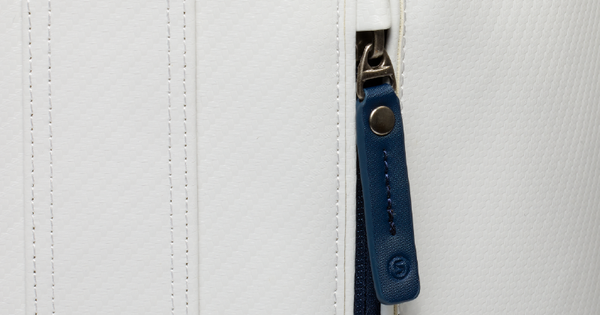
Golf Bags
How To Clean a Golf Bag: The Complete Guide
Nov 22, 2024

Golf Bags
How to Choose a Golf Bag That's Right for You
Oct 18, 2024

Golf Bags
Our Best Value Golf Bags for 2024
Oct 18, 2024

Golf Bags
What is a Sunday Golf Bag and Why You Need One
Oct 18, 2024

Crushers GC Partners with STITCH® for Their Golf Apparel
Jun 21, 2024

Celebrating Bryson DeChambeau's 2nd Major Win
Jun 21, 2024

5 Best Minimalist Golf Bags in 2024
Jan 2, 2024

High Spin VS Low Spin Golf Balls
Feb 27, 2023

Average Golf Score: What Does the Average Golfer Shoot?
Oct 10, 2022

What Are the Degree Loft of Golf Clubs?
Oct 8, 2022

Why Do Golf Clubs Have Numbers?
Aug 18, 2022
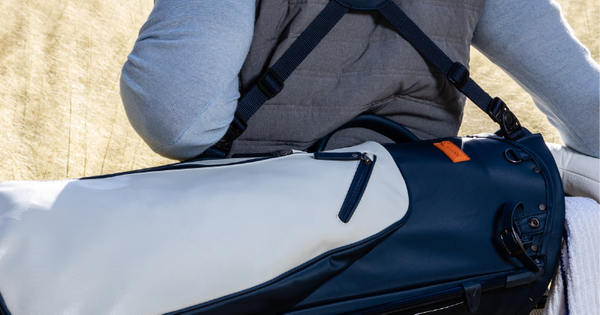
We Were Reviewed by Golficity! Check Out What They Had to Say!
Jul 10, 2022

Golf Bags
The 5 Different Types of Golf Bags
Jul 6, 2022

How to Clean Golf Clubs
May 26, 2022

What Clubs Should a Beginner Use in Golf?
Mar 30, 2022

SL Cart Bag: The Best Golf Cart Bag in 2022?
Mar 9, 2022

How Are Golf Polos Supposed to Fit?
Mar 4, 2022
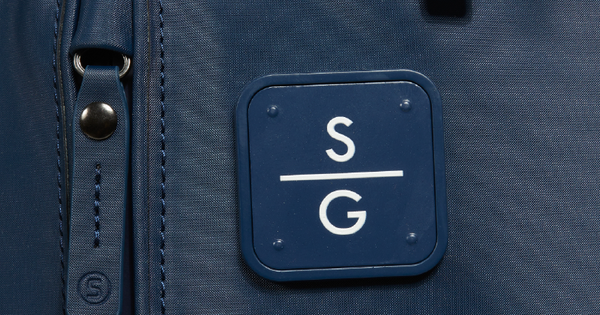
Golf Bags
How to Fix a Zipper on a Golf Bag: A Quick Guide
Jan 14, 2022

Golf Knowledge
Golf Pants vs. Dress Pants: What’s the Difference?
Jan 10, 2022
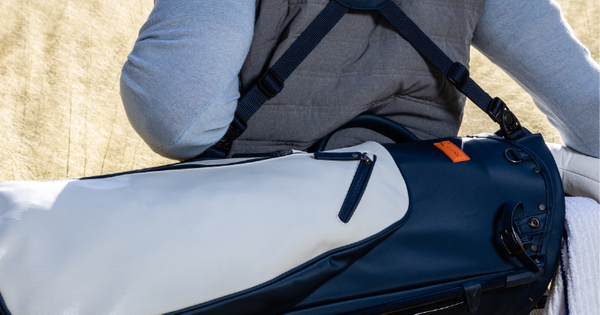
Golf Bags
How To Carry a Golf Bag The Correct Way
Jan 4, 2022

Golf Bags
What Should Be In A Golf Bag? Beginners' Clubs & Essentials
Jan 3, 2022
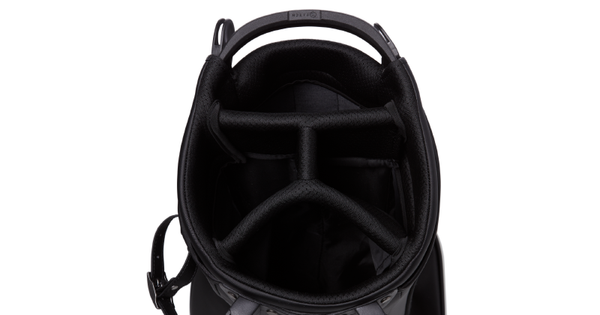
Golf Bags
How To Arrange Golf Clubs in a Standard Bag?
Jan 1, 2022
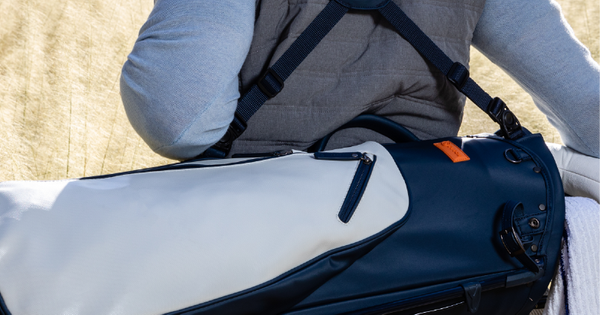
Golf Bags
Do White Golf Bags Get Dirty? How to Keep It Clean
Oct 12, 2021
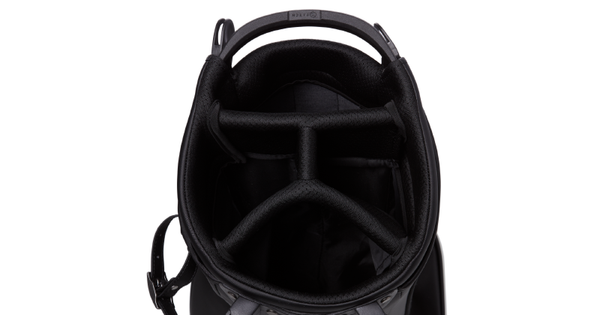
Golf Bags
Golf Bag Dividers: Everything You Should Know
Oct 9, 2021

Gap Wedge vs. Approach Wedge: Is There a Difference?
Sep 5, 2021
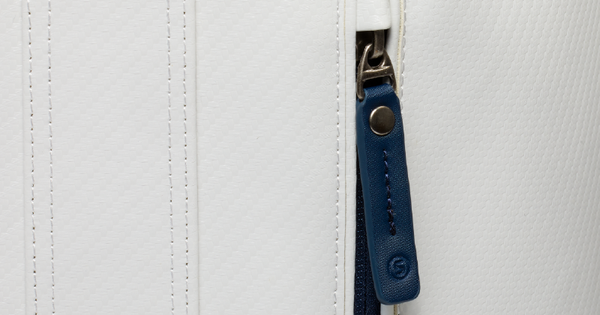
How to Keep Your Golf Equipment in Great Shape? 8 Simple Steps
Sep 2, 2021

Golf Knowledge
How To Set Up Your Golf Bag — The Complete Guide
Jul 29, 2021
Page 1

